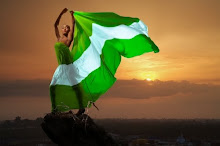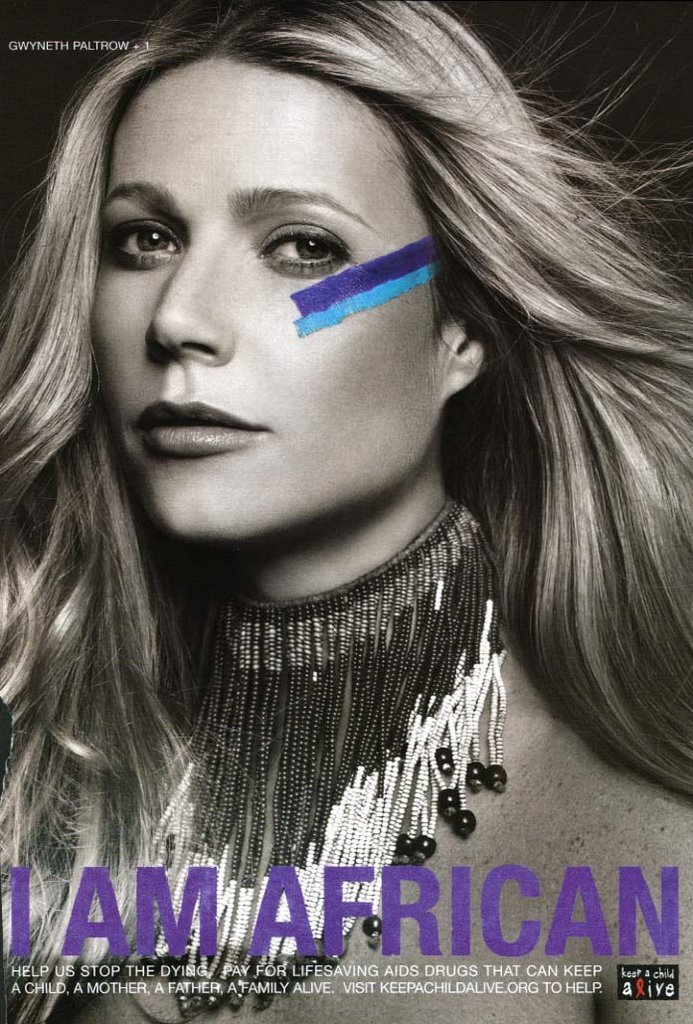The whole world of recent has been captivated by desperate attempts to control BP's leaking Macondo well in the Gulf of Mexico, the largest oil spill in the U.S. history. The accident on the Deepwater Horizon drilling rig on April 20 was a tragedy for the 11 men who lost their lives and created a huge anger and anxiety along the Gulf coast about its potential impact on the environment and local communities. A cataclysmic disaster on this scale calls for more than just wrist slapping, it calls for something more severe, but more interestingly it opens up the debate - were the BP spill not off the gulf of Mexico but in the Niger Delta region what would have been the response? Would British Petroleum be subjected to the same global backlash or would the victims merely be considered as collateral damage with a quick reversion to business as usual.
Ever read the Constant Gardener by le Carre? If you have, then you are probably familiar with the conspiracy theories of multinationals exploiting developing nations, especially African nations. However, these are not merely conspiracy theories - appalling cases of exploitation and human rights violation still occur. Who exactly is to blame for this atrocity? Is it the greedy powers that be at said corporations? Or is it in fact, leaders of said exploited nations? I personally believe it is the latter.
The emergence of free will journalists and human rights activists mean that corporate baddies are more likely to be called to account for their bad behaviour. The principal risk for companies is reputation and their fundamental objective is to rake in the money. They do not necessarily practise CSR because the fat cats have had an epiphany and a re-scrambling of moral compass. However, if their reputation seems to be at risk, out comes the nun habit, rosary and the whole CSR-spiel. They cannot afford the loss of investor confidence, restricted access to capital and fines that come with a poor reputation. At the very least, these companies should be willing to accept responsibility for the environmental and social impact of their actions. Union Carbide’s chemical gas plant leak in 1984 killed at least 15,000 people and sickened half a million in the Indian city of Bhopal. 26 years on, eight men were found guilty of negligence and have been sentenced to a mere 2 years in prison. 2 years, 15,000 killed, 2 years, 500,000 taken ill, 2 years, thousands of lives/livelihood destroyed... It just doesn’t weigh up.
What is to be said for the leaders of these developing nations? What exactly are they doing while their people and resources are being exploited? For the most part, they are laughing straight to the bank. As erstwhile days when tribal leaders traded lives for a bottle of rum or a mirror, leaders of today trade their people for some stacks of numerically embossed paper. It’s pathetic and it needs to change. Corruption, venality and embezzlement are rife. Rather than invest funds in retaining the intelligent minds of indigenes, leaders would rather buy a house in the swankiest part of town.
As Nigeria is close to home for me, let’s take a closer look at her experiences with CSR and exploitation. Nigeria is the largest oil producer in Africa, and the fifth largest in the Organization of Petroleum Exporting Countries (“OPEC”). Oil makes up over 80% of government revenues and over 40% of the GDP. The Nigerian stock market is the second largest in Africa. 98% of all revenues from exports come from petroleum. Voices of protest point out that the world has overlooked the scale of the environmental impact of oil exploration in the region. Activist Ben Amunwa, of the London-based oil watch group Platform, said: "Deepwater Horizon may have exceed Exxon Valdez, but within a few years in Nigeria offshore spills from four locations dwarfed the scale of the Exxon Valdez disaster many times over. Estimates put spill volumes in the Niger delta among the worst on the planet, but they do not include the crude oil from waste water and gas flares."
As it stands, no organization has emerged with cohesion and vigour since the martyrdom of Ken Saro-Wiwa at the vanguard of the Movement for the Survival of the Ogoni People (MOSOP) in the early 1990s, yet protests aimed at oil production take place on a regular basis. Some local communities remain hotbeds of sedition; protesting the exploitation of what they see as “their” oil—though the national constitution states that all oil is owned by the federal government—without benefit to them or compensation for the damage done to their land and livelihoods. Communities demand compensation for pillaging of their land, environmental damage or employment in oil industry or development projects for their villages; they demand for a portion of the revenue derived from oil to be spent in the region in which it came, and rightly so! On some occasions there has been property damage, theft and incidences of intimidation of oil company staff. Sabotage of oil pipelines and hostage taking is on the rise, though its extent is disputed between the companies and the communities. In my opinion, their anger is justifiable. However, many of these protests are never reported, even in the Nigerian national press - only when there is a threat to oil production are headlines guaranteed.
Viewers apparently suffered from post-Avatar depression after watching James Cameron’s critically acclaimed blockbuster; humans felt a profound contempt for the treatment of the indigenous Na’vi tribe of Pandora, (whose land was plundered for the rare Unobtanium which could save planet Earth from its energy crisis). As human beings, isn’t it poignant that we are unable to extend these feelings to the plight of our own race? In the religion of my people, Odinani, there is a saying that lies at the foundation of the beliefs:
"Egbe bere ugo bere. Nke si ibe ya ebene gosi ya ebe o ga-ebe."
Let the eagle perch, let the hawk perch, whichever says the other shall not perch, may it show the other where to perch.
Simply put, live and let live. This is to say that no one has the God-given right to deny another an anchor on this earth.
The response to the spill in the United States should serve as a stiff reminder as to how far spill management across Africa has drifted from standards across the world. They have been accepted due to the lack of laws and enforcement measures within the existing political regimes. The Gulf spill should force our Leaders to reflect on and raise the standards imposed on foreign companies operating in our backyard, in order to preserve the basic rights of our people and communities.




No comments:
Post a Comment